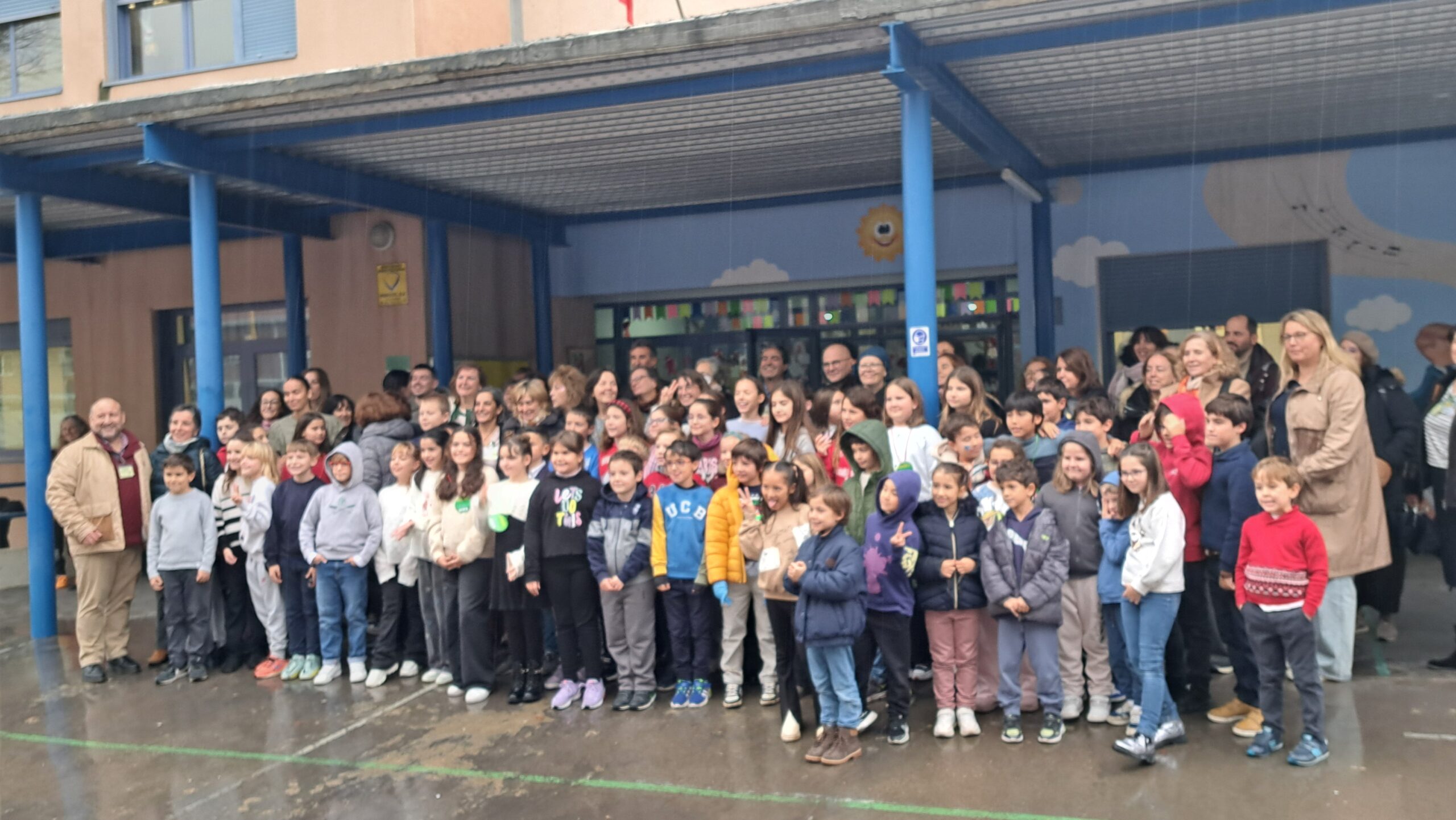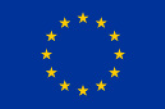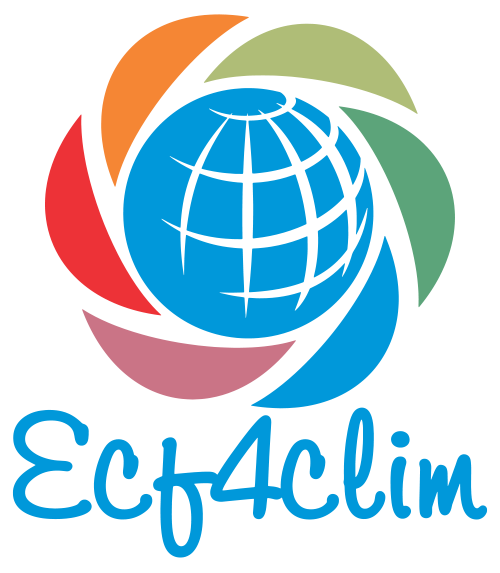Waterm scarcity is a vital challenge for human beam in the coming decades. Climate Change advancement leads to longer and more frequent drought periods, especially in subtropical regions. Although many efforts have been directed to decelerate climate change, it is necessary to push adaptation policies.
Looking to on the European region, drought affects especially the Iberian Peninsula. Here, drought season started in 2015 and has been a threat that has affected both agriculture and water supply for domestic purposes, among other important socio-economic aspects. Reservoirs are drying up, crops are withering, and underground reserves are rapidly depleting. Water scarcity has affected the economy and the well-being of its inhabitants, because of the restrictions on use that have had to be taken place to avoid an extreme drought during next summer.
This problem worsened during January and February 2024 in the Iberian Peninsula, forcing public entities to propose emergency measures in some regions. The situation improved in March but, as all ancient cultures know, water consumption reduction is key for adapting to future changes. For this purpose, sustainability education appears as a key ally in raising awareness about water scarcity and responsible consumption.
In the face of this crisis, sustainability education is emerging as a powerful weapon in the fight against drought and climate change. Environmental awareness and understanding of the interconnectedness between our actions and the environment must drive a meaningful advance in water consumption habits. Since the ECF4CLIM project, schools acting as demonstration sites have developed up to 13 water interventions of different kinds, from which among other things, the water consumption of educational communities is being reduced, generating a thrifty awareness of this resource with activities that involve training visits to water treatment plants, events that help raise awareness about the concept of hydrological footprint, or structural interventions for reducing water consumption.
For example, students from secondary school IES Itaca, have participated in a training where, after reflecting on this problem, they have developed a simple measure to implement in their school, which aims to promote water saving among the educational community, modifying in a simple but effective way, the route of the buttons of the taps, without installing new faucets. This idea came out among the pupils after explaining the concept of hydrological footprint. Through this concept, students have understood the amount of water consumed indirectly in several types of activities, and for the manufacture of products that are used daily.
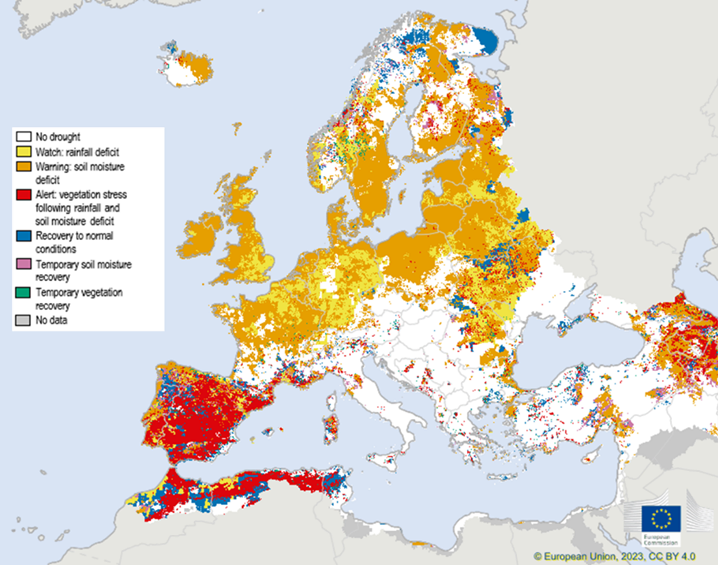
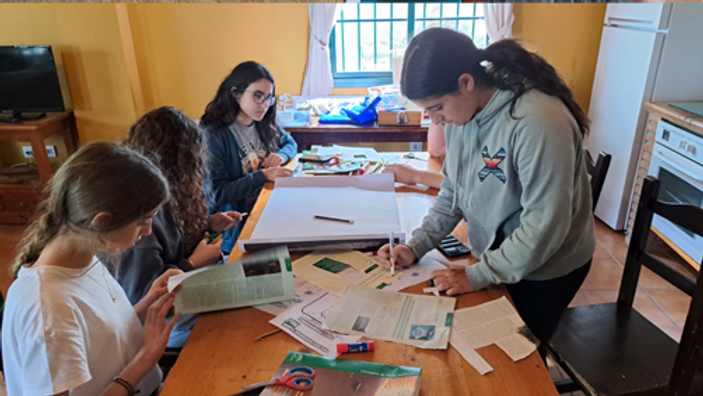
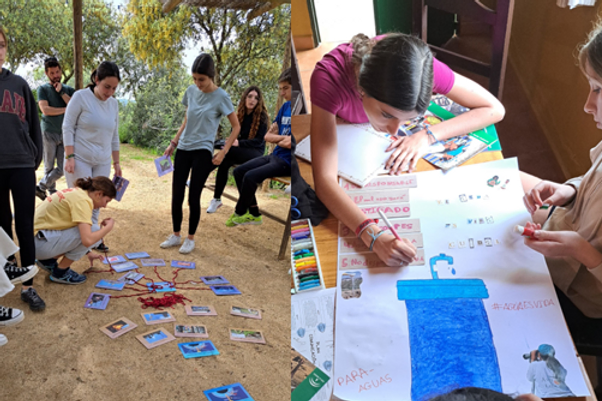
Acting in a localized way, addressing problems close to the students has facilitated their involvement in developing simple measures in addition to the ECF4CLIM interventions, which aim to reduce water consumption generating a collective conscience. The students have designed an awareness campaign to be implemented in the school after the training, in which they will support the implementation of water savings measures and spread the seed among all the school students.
Raising awareness among the educational community and society in general about the proper use of water is essential in regions such as Spain and Portugal, where this type of problem tends to appear more frequently. The ECF4CLIM project works so that, through the work of sustainability skills in schools, promoting and improving water-saving awareness.
